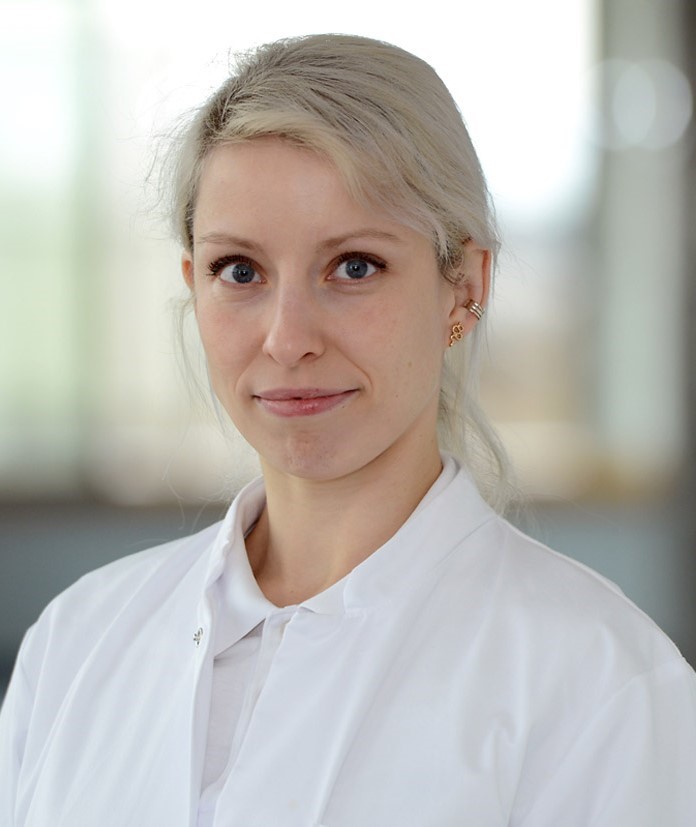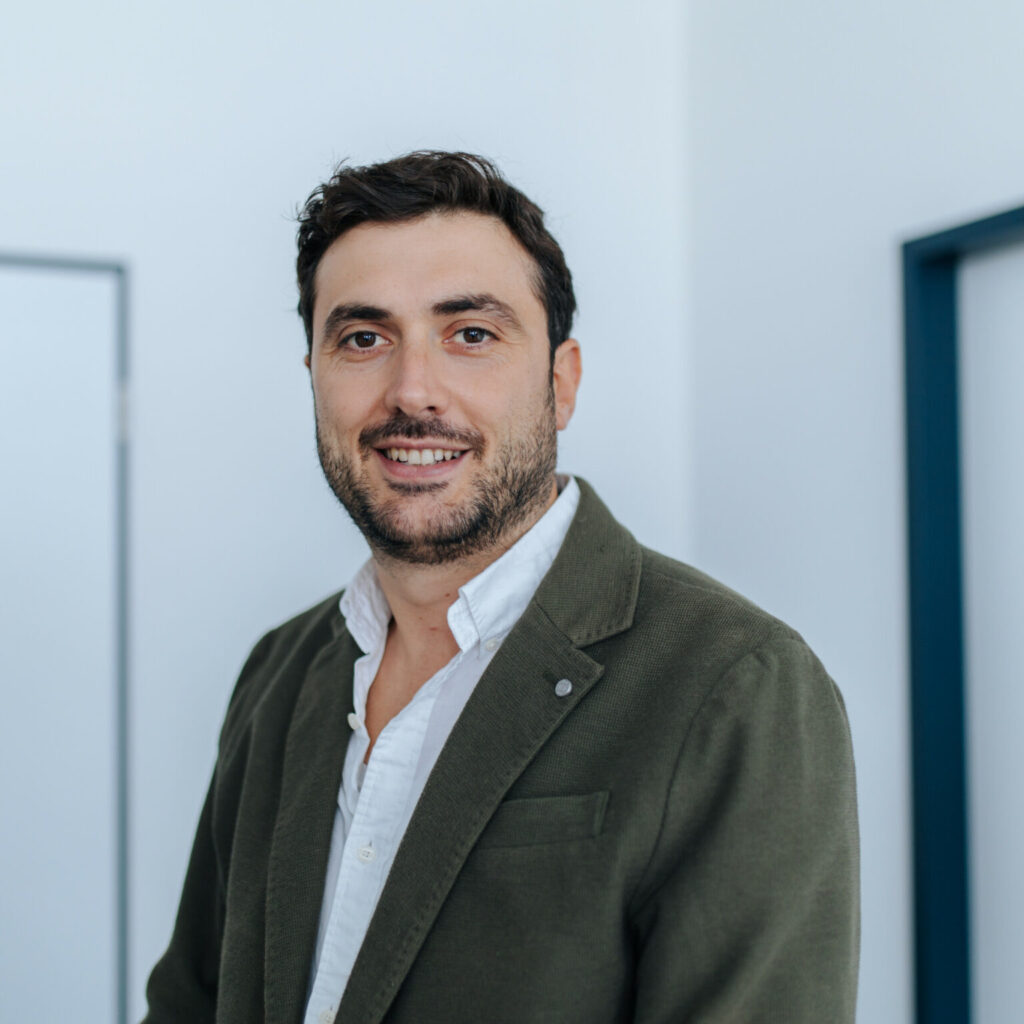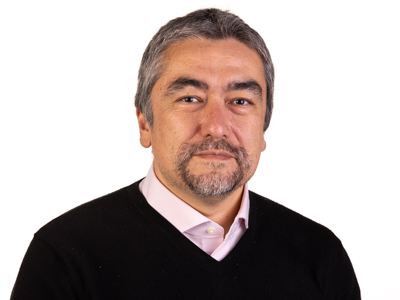Lecturer: Marieke van Vugt
Fields: Psychology, neuroscience, cognitive science
Content
Contemplative practices such as mindfulness are often marketed as methods to augment our minds: making us more concentrated, more happy, more efficient. But is that all these practices are about? And what is actually the evidence? In contemplative science we critically examine how contemplative practices affect mind, brain and body. In this course, we will blend contemplative science with actual practice of the relevant contemplative practice. It seeks to give a broad overview of different practices. In session 1, we will practice mindfulness and discuss evidence for effect of mindfulness on cognition. In session 2, we will practice analytical meditation and discuss how it affects mind and brain. In session 3, we will focus on embodied practices and use contemplative dance as an example. There is relatively little science on this topic, but we will focus on the science of embodied practices in general, and leave space to discuss your own ideas about how to study these practices and/or how to use them in your own life.
Literature
- Fox, K. C., Dixon, M. L., Nijeboer, S., Girn, M., Floman, J. L., Lifshitz, M., … & Christoff, K. (2016). Functional neuroanatomy of meditation: A review and meta-analysis of 78 functional neuroimaging investigations. Neuroscience & Biobehavioral Reviews, 65, 208-228.
- Vago, D. R., & Silbersweig, D. A. (2012). Self-awareness, self-regulation, and self-transcendence (S-ART): a framework for understanding the neurobiological mechanisms of mindfulness. Frontiers in human neuroscience, 6, 296.
Lecturer

Marieke van Vugt received her PhD from the University of Pennsylvania. She is now an associate professor at the AI department of the University of Groningen, the Netherlands. In her lab, she tries to understand when, how and why we mind-wander, using methods from psychology, neuroscience and AI. She is also interested in the effects of contemplative practices on our mind, especially on our mind-wandering. In addition, she collaborates with Tibetan Buddhist monks on the practice of analytical meditation and monastic debate. Besides her work as an academic, she is also a classical ballet dancer with Amsterdam Amateur Ballet.
Affiliation: University of Groningen
Homepage: https://mkvanvugt.wordpress.com









